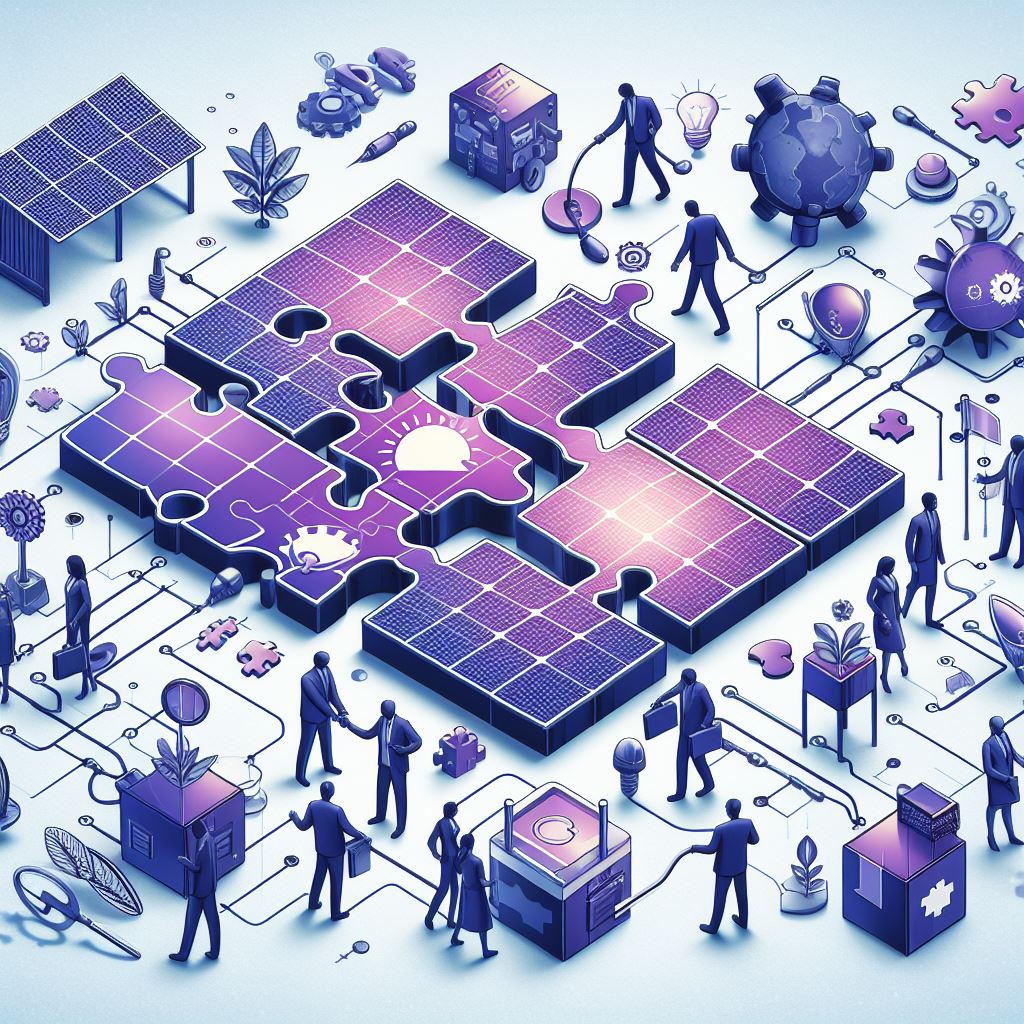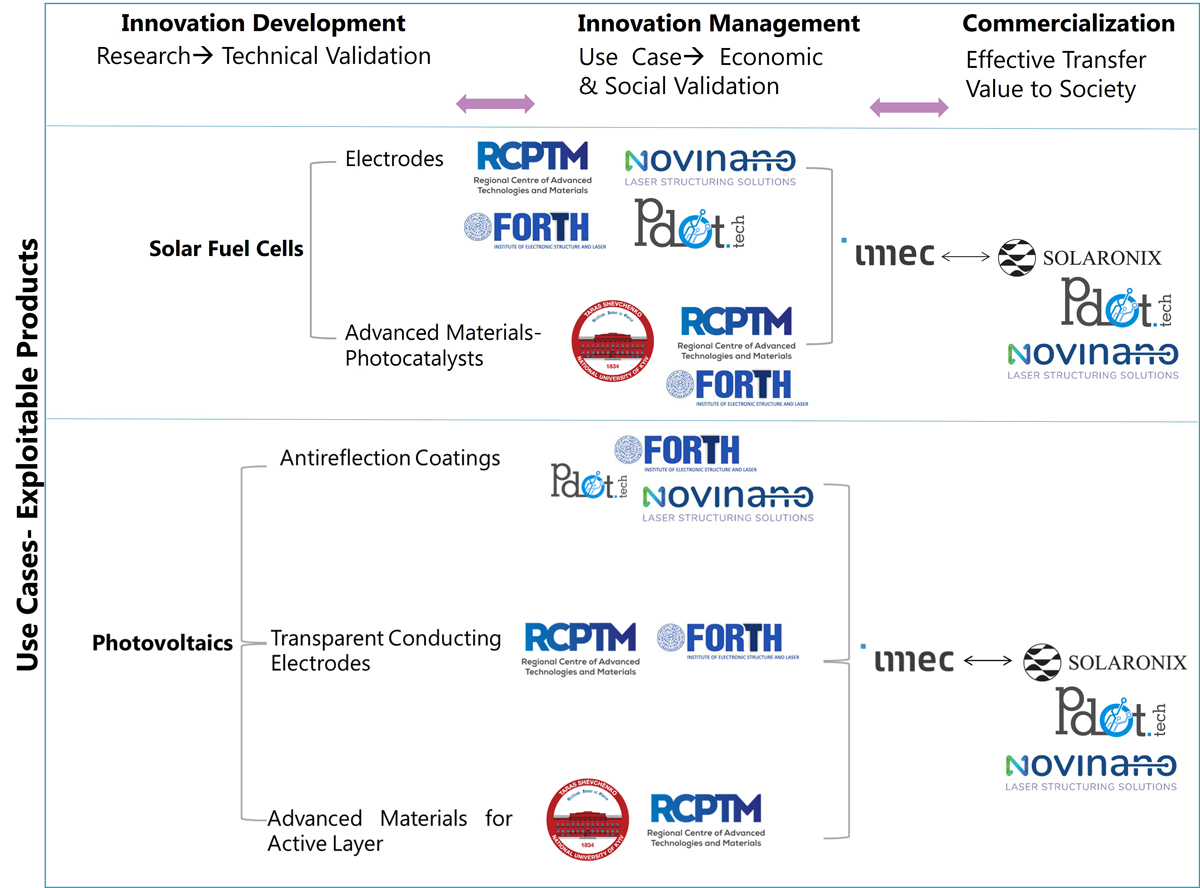Objectives & Strategy

APPROACH aims to support training and mobility of research and innovation talents across sectors, developing best practices for intersectoral talent circulation at the benefit of the participating widening countries. It is aiming to develop a reinforcing innovation ecosystem, creating an impactful collaboration between academia and businesses. The specific objectives are listed below.

O1 Identify a set of key competences that researchers need for a successful research career, both inside and outside academia; Identify these competences to establish a shared conceptual model that all players in the field of solar energy conversion research can refer to and to increase visibility and awareness of the transferable skills researchers and innovators have.
O2 Identify cases that illustrate how a competence framework and other tools can be successfully used to promote and support researchers’ training and assessment, to communicate competences related to researchers’ occupations to employers outside the academic sector and to identify diverse job opportunities for researchers.
O3 Grow and enhance the human resources and capacity of the Widening partners to render them as respectable references for highly skilled researchers. APPROACH aims to create an ecosystem with specialized innovators with multidisciplinary expertise. Tailored career and training plans will be implemented.
O4 Bring together regional, national, and international stakeholders within the APPROACH ecosystem and encourage the potential of solar energy conversion technologies to face far-reaching and people-centered transformative goals. Specific dissemination and networking activities will help capitalize on the results and engage different stakeholders to unite towards focused objectives on sustainability.
O5 Enhancement of the research/skill profiles and competences of the participating researchers and institutions. A collection of learning resources is envisaged in the topics of entrepreneurial skills, information literacy, disciplinary working, leadership skills, managing a research career, professional development, public engagement, researcher self-assessment, design thinking.
O6 Creation of a mentoring community and assignment of mentors to early-stage researchers and innovators. Mentors will frequently meet with the mentees and will monitor the evolution of their career plans. They will also foster an interactive culture, providing a multidisciplinary and creative environment where constructive criticism and challenging ideas are encouraged.
O7 Increased set of entrepreneurial and other transferable skills and competences of talents. Technology Transfer, career-oriented training programmes and industry-directed research programmes for early-stage researchers and innovators are foreseen.
O8 Training on administrative and research management skills. Training on both administrative and management issues will be provided by the collaborating non-widening institutions to scientific and non-scientific staff members of Widening partners, in the form of hands-on workshops and on-site or virtual seminars.
O9 Foster an innovation friendly environment towards the transformation of the Widening partners into an R&D and entrepreneurial pole on developing photonic processes for solar energy harvesting. APPROACH will lead a new age of academia-industry synergy. Organize method development workshops, while ensuring knowledge transfer and talents mobility among the consortium partners.
O10 Achieve long-term sustainability of the collaboration. Ensure the valorization of the developed technologies via the exploitation and management of IP results.